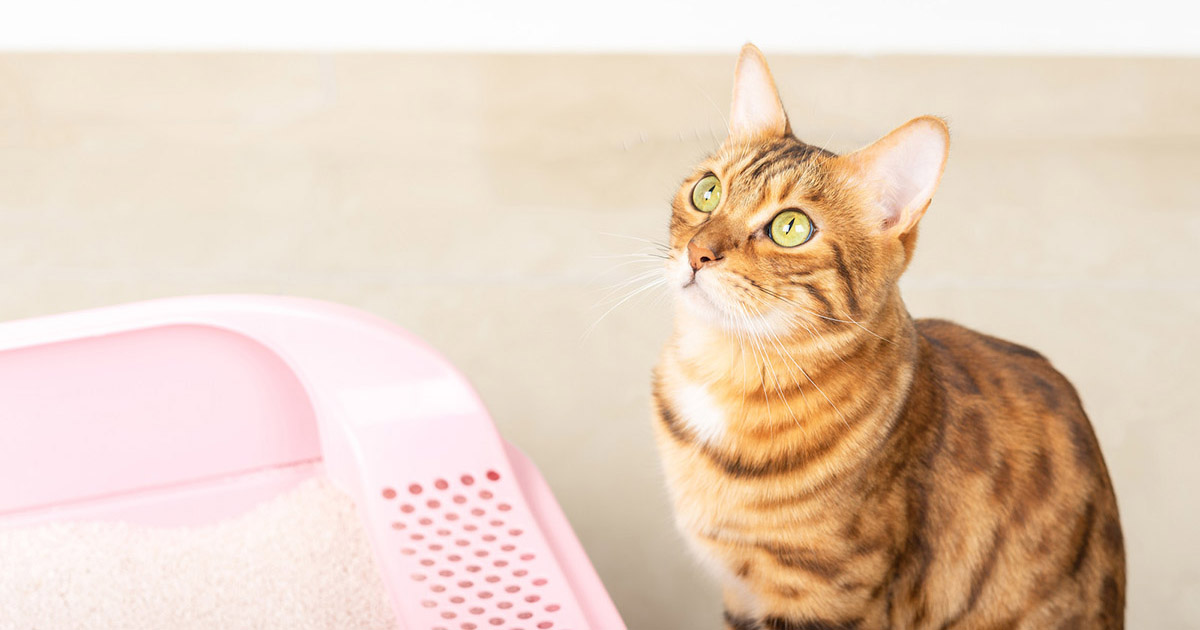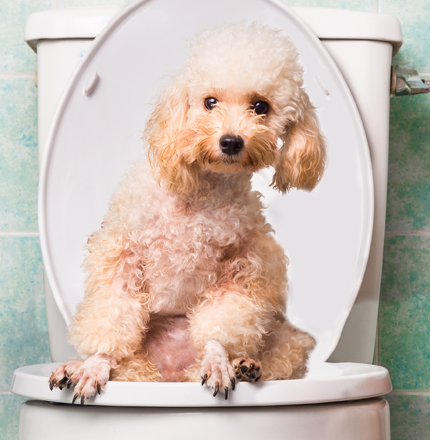My Importance of Proper Disposal of Animal Waste
My Importance of Proper Disposal of Animal Waste
Blog Article
We've found the article pertaining to Why you should never flush dog poop down the toilet down the page on the net and thought it made good sense to quickly share it with you over here.

When it pertains to dealing with waste, particularly animal waste, lots of people usually resort to the hassle-free alternative of flushing it down the toilet. Nonetheless, this relatively easy solution can have major consequences for the environment and public health. In this write-up, we'll explore why flushing pet waste down the toilet is a negative idea and provide different techniques for correct disposal.
Introduction
Proper waste disposal is crucial for keeping environmental sustainability and public health. While it may seem safe to purge animal waste down the toilet, it can lead to different problems, both for the setting and human well-being.
Risks of flushing animal waste
Environmental impact
Purging animal waste presents harmful bacteria and pathogens into waterways, which can negatively affect aquatic ecosystems. These virus can contaminate water resources and damage marine life, disrupting fragile environments.
Public health issues
Animal waste contains damaging microorganisms such as E. coli and Salmonella, which can pose severe health dangers to human beings. Purging pet waste down the commode can infect water materials, bring about the spread of diseases and infections.
Alternatives to flushing
As opposed to flushing animal waste down the commode, there are several alternate disposal techniques that are a lot more eco-friendly and hygienic.
Composting
Composting animal waste is a green means to throw away it. By composting, organic matter is broken down into nutrient-rich dirt, which can be used to feed gardens and plants.
Landfill disposal
Throwing away animal waste in a land fill is one more alternative. While not as environmentally friendly as composting, it is a more secure option to flushing, as it prevents the contamination of water resources.
Pet garbage disposal systems
There are specific animal waste disposal systems readily available that securely and hygienically deal with pet waste. These systems frequently make use of enzymes to break down waste and remove smells.
Actions to appropriate animal garbage disposal
To ensure proper disposal of pet waste, follow these actions:
Scooping and bagging waste
Routinely scoop and bag animal waste making use of naturally degradable bags. This protects against waste from polluting the atmosphere.
Using designated waste containers
Dispose of bagged animal waste in designated waste containers, such as garden compost bins or landfill containers. Avoid flushing it down the commode whatsoever prices.
Cleaning up can and animal locations regularly
Frequently clean litter boxes and pet locations to prevent the buildup of waste and microorganisms. Use pet-safe cleansing items to maintain hygiene.
Benefits of appropriate disposal approaches
Adopting proper disposal methods for animal waste supplies several benefits:
Decreased environmental pollution
Appropriate disposal techniques minimize the threat of environmental pollution, protecting rivers and communities from contamination
Reduced threat of water contamination.
By avoiding flushing animal waste down the commode, the threat of water contamination is significantly lowered, securing public health.
Boosted cleanliness and health
Proper disposal techniques advertise far better cleanliness and hygiene, producing a more secure setting for both human beings and pets.
Verdict
In conclusion, purging animal waste down the toilet is harmful to the atmosphere and public health. By embracing alternative disposal techniques and complying with proper waste management methods, we can minimize the adverse impact of animal waste and add to a cleaner, healthier world.
What To Do With Dog Poo – The Do's And Don'ts Of Disposing Of Faeces
Dog poo bins
Some councils provide dedicated dog waste bins in popular dog-walking areas that can take dog poo that has been bagged but you can legally dispose of dog waste in any public litter bin, as long as it is securely bagged. This also applies to your wheelie bin at home.
Do not flush
Water companies do not recommend flushing dog faeces down the toilet because certain parasites can survive the water processing treatment and are potentially harmful to humans. You should also never consider flushing dog poo that has been bagged down the toilet as the bags will not break down and instead create severe blockages in the sewage system.
In the woods
The Forestry Commission promotes a ‘stick and flick’ method for dealing with waste in the woods. This means finding a stick and using it to flick any poo from off the path so that it is out of the way of other walkers. You could also bury it as long as it is not in an area where there might be livestock.
Livestock
Parasites found in dog poo can be transmitted to livestock if they inadvertently eat infected faeces that has been left on grazing land. This could result in the death of sheep or abortion in cattle so you should always make sure you pick up your dog’s waste in fields where livestock could be present.

As a keen person who reads about , I figured sharing that excerpt was sensible. Sharing is nice. You won't know, you could be doing someone a favor. We appreciate your readership.
Schedule Today! Report this page